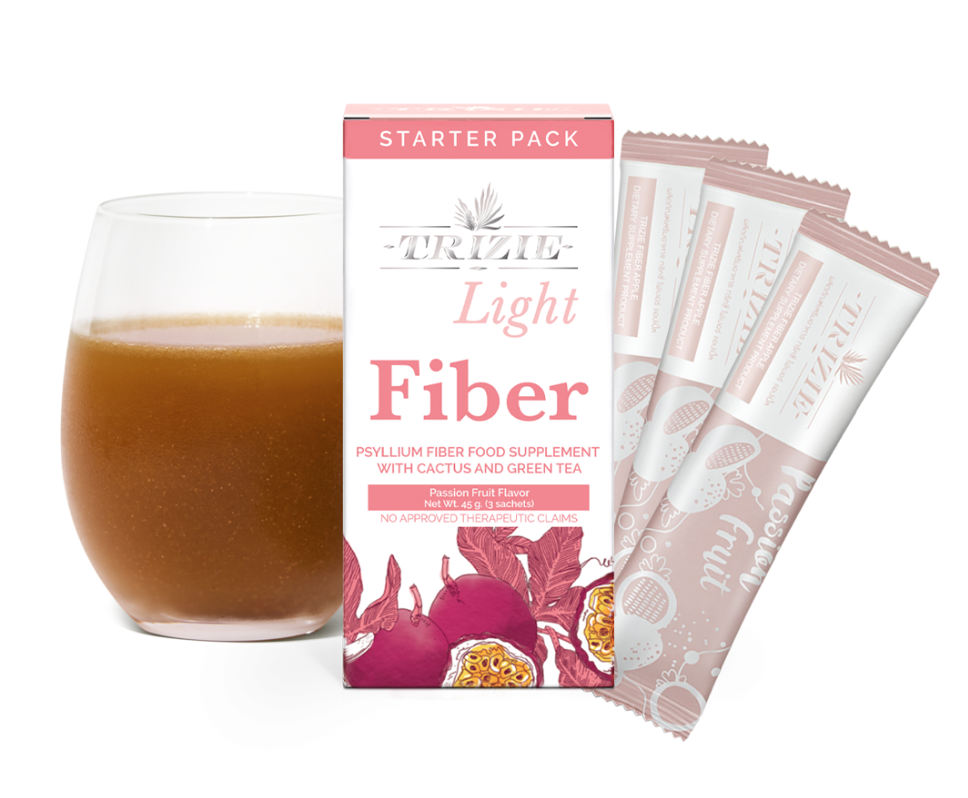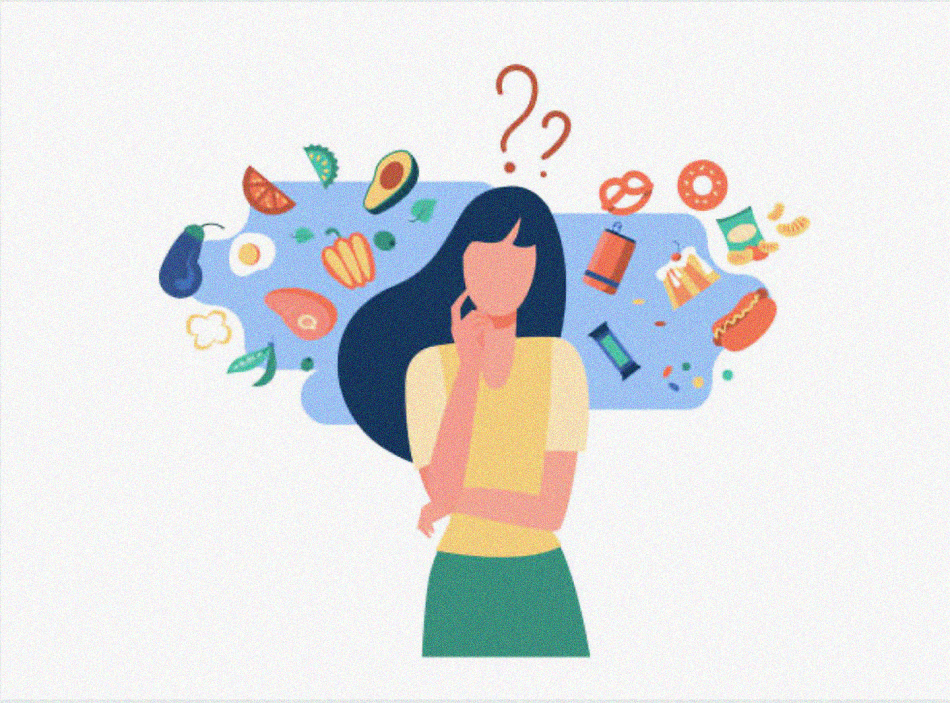It’s not just you — everybody really is bloated. Okay, maybe not that unbelievably fit lady on Instagram, but who knows? The world is on fire and mankind feels doomed, yet gas is all we’ve got to show for it. What is bloating anyway and why are we having this unpleasant experience more often now?
The Truth About Quarantine Bloating
Bloating is feeling swollen and stuffed after eating, and is caused by the excess production of gas or disturbances in the movement of muscles in the digestive system. It’s painful, uncomfortable, and can make your stomach look bigger. It’s not the same as water retention — bloating occurs when there is any excess solid, liquid, or gas in your belly.
According to wellness expert Kyle Buchanan, bloating has been more common over the past year because of certain habits that we’ve developed in quarantine.
- Stress is the number one culprit here. These stressful times are wreaking havoc on our digestive systems. The American Psychology Association states:
Stress can affect how quickly food moves through the body, which can cause either diarrhea or constipation. Furthermore, stress can induce muscle spasms in the bowel, which can be painful. Stress can affect digestion and what nutrients the intestines absorb. Gas production related to nutrient absorption may increase. The intestines have a tight barrier to protect the body from (most) food related bacteria. Stress can make the intestinal barrier weaker and allow gut bacteria to enter the body.
2. Snacking also impacts digestion. Suddenly changing your snacking habits or snacking at odd hours can make you bloated or gassy. Avoid inflammatory foods such as refined carbs, processed meats, artificial trans fats, fructose, and excessive alcohol to beat the bloat.
3. Swallowing air also contributes to bloating. You can swallow air through carbonated drinks, or when talking, laughing or rushing while eating. Chew your food properly and follow Mom’s advice: don’t talk when your mouth is full.
4. FODMAPs might be to blame. FODMAPs Fermentable Oligosaccharides, Disaccharides, Monosaccharides, and Polyols are are short-chain carbohydrates and sugar alcohols that are poorly absorbed by the body. Ingesting too much of them can lead to abdominal pain and bloating. They’re not necessarily unhealthy, but they do trigger gastrointestinal problems in some people. Here are some high FODMAP foods to avoid if you’re feeling bloated:
- Onions
- Garlic
- Cabbage
- Broccoli
- Cauliflower
- Snow peas
- Asparagus
- Artichokes
- Leeks
- Beetroot
- Celery
- Sweet corn
- Brussels sprouts
- Mushrooms
- Peaches
- Apricots
- Nectarines
- Plums
- Prunes
- Mangoes
- Apples
- Pears
- Watermelon
- Cherries
- Blackberries
- Bread
- Cereals
- Pasta
- Crackers
- Pizza
- Milk
- Soft cheese
- Yogurt
- Ice cream
- Custard
- Pudding
- Cottage cheese
* * *

TRIZIE Light Fiber is a Natural Dietary Fiber Blend for an instant gentle gut cleanse and booster for your weight maintenance efforts, perfect for those with sensitive tummies. Powered by Psyllium Husk Fiber, Oil Palm Fiber, Oat Fiber, Apple Fiber, and nature’s most potent superfood (Green Tea, Broccoli, Spirulina, and more). With one sachet a day, TRIZIE Light Fiber supports your body reset with a healthier gut, faster metabolism and digestion, and increased energy as immediate effects. TRIZIE is available at BFF Manila.

0 comments on “Why Are We So Bloated?”